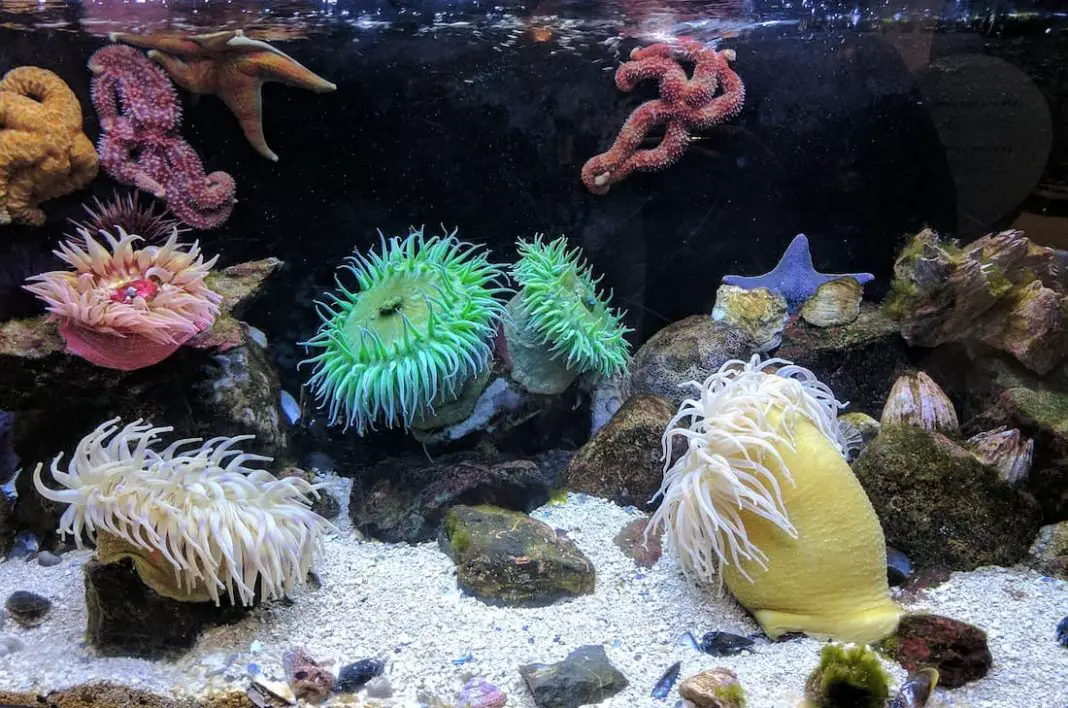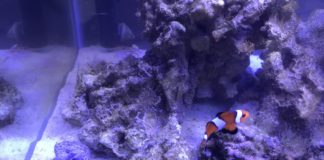How Long Can A Wrasse Stay Under The Sand?
Wrasses are known for burrowing and staying under the surface of sand substrates during the night, or when frightened. Wrasses may also dive into the sand when first introduced and stay there for days. A wrasse that burrows into sand as soon as they enter a new tank may not necessarily be from fear; they may do this to adjust to their circadian rhythm after having been caught and shipped through different time zones. Other than checking to see if your new wrasse has jumped out onto the floor, patience is important. Never stir the sand up to find the wrasse. Be assured that with time, the wrasse will resurface.
Why Do Wrasses Hide A Lot?
Wrasse fish will usually bury themselves in sand once they’re put into a new tank. They may not necessarily be afraid.
Why Wrasses Sleep Under The Sand
Humans have many methods and tricks they can employ to help them sleep, but for the marine wrasse, it’s dependent on their particular sleeping behavior. It can be a surprise to aquarists to know that not all wrasses bury themselves in the sand at night! When keeping saltwater wrasses, a high-rise condo or a sand flat could also be the place of choice.
The wrasse beds down at night in a particular area of the tank, either the sub-level or the upper-level. In fact, there are an equal number of wrasses that will sleep in the sand while the others will sleep in the rockwork.
Knowing the habitat requirements of a wrasse can be confusing though, as sellers themselves aren’t always sure or may just assume they all bury themselves.
Wrasses bury themselves under sand at night is that they are undisturbed by most nocturnal predators. However, there’re some predators that can use sonar to locate wrasses under the sand, which poses some risk to the burring wrasse. If the wrasse does get detected, most of the time the wrasse still has a good chance to shoot out of the sand in an attempt to escape.
During the day, a wrasse may also take refuge in the sand if they feel threatened. Juveniles may also stay in the sand throughout their different growth changes. So, if you have a juvenile wrasse don’t get too worried and go looking for them, as they are just getting some extra sleep!








